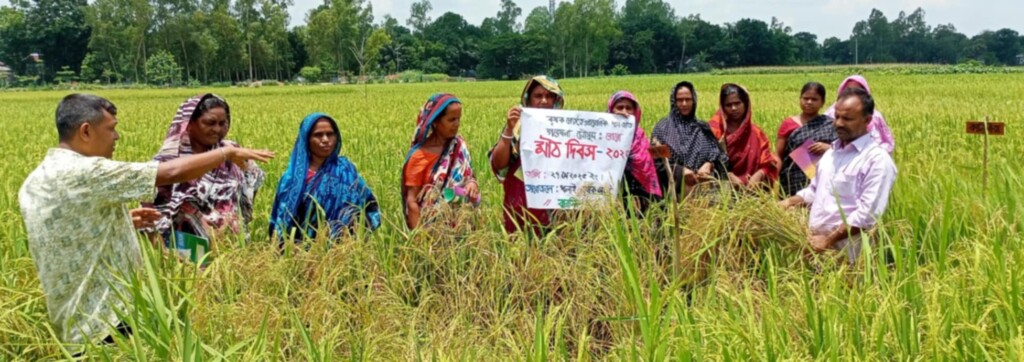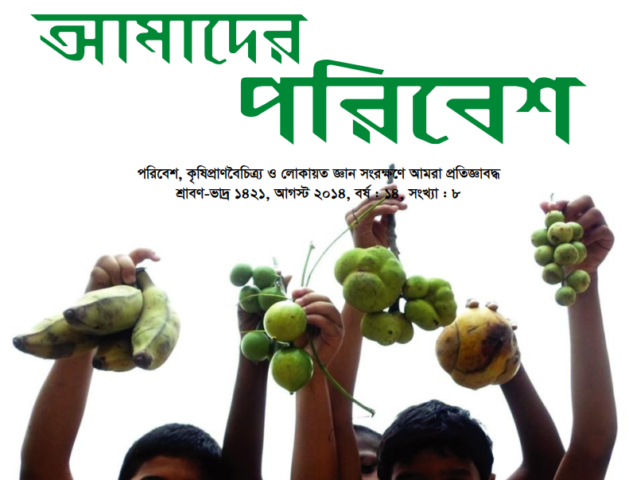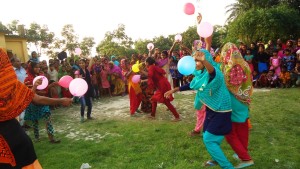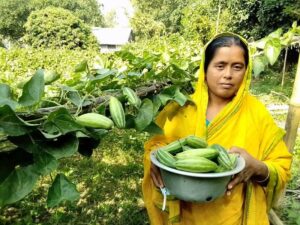By Subir Kumar Sarker, from Ghior, Manikganj
In the heart of Dhalai village under Manikganj Sadar Upazila, a unique celebration unfolded, a Field Day organized and led by farmers themselves, focusing on local rice variety research. This collaborative initiative was hosted by the Dhalai Farmers’ Association and BARCIK, with the goal of promoting and evaluating traditional Boro season rice varieties under farmer supervision.
At the center of this effort stood research-farmer Md. Monowar Hossain, who cultivated five local Boro rice varieties: Begunbichi, Kalijira, Bashmoti, Gusai, and Monowar Dhan. Under his leadership, the plots served not only as testing grounds but also as living classrooms for neighboring farmers.
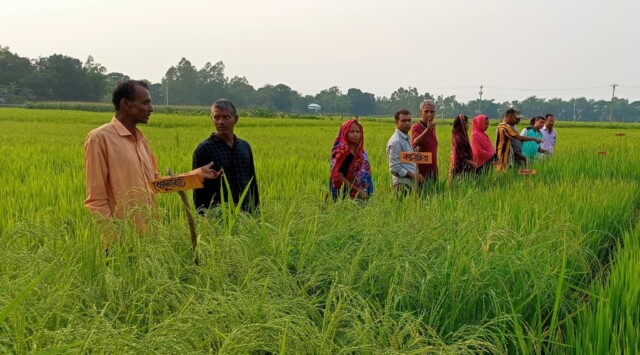
The Field Day was presided over by Monowar Hossain himself and saw the participation of farmers and women farmers from surrounding villages including Nali, Kunduria, Helachia, Joynagar, and Manta. The participants examined the rice plots firsthand and engaged in rich discussions on crop performance, pest resistance, and yield potential.
BARCIK’s Program Officer Subir Kumar Sarker opened the session by explaining the objective of the action research known as participatory varietals selection to identify climate-resilient, locally adapted native rice strains that can thrive despite changing weather patterns. He emphasized that empowering farmers as researchers ensures the solutions are practical and deeply rooted in local knowledge.
Participating the field day, Manta village farmer Renubegum said, “Rice is our lifeline, it feeds us year-round. When our granaries are full, our hearts are at ease. But with unpredictable weather, yields are no longer guaranteed. This research helps us to adapt and survive.”
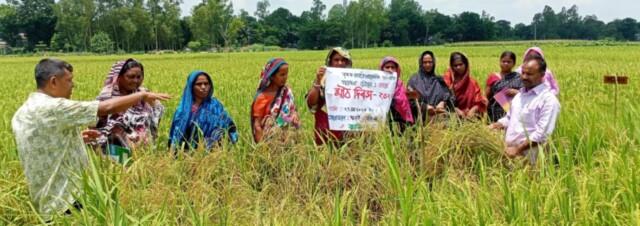
The participating women farmers were particularly engaged. After visiting the trial plots, they offered insights based on experience. Sima Rani Sarkar of Nali village expressed her preference for Begunbichi rice, while Durga Rani Biswas from Kunduria mentioned, “Local varieties suffer less from pest attacks. Fewer diseases mean lower costs and less loss for farmers.”
The day concluded with a shared optimism that says, ‘this kind of farmer-led innovation is not only preserving traditional varieties but also equipping rural communities with the knowledge and confidence to face agricultural challenges. The participants expressed hope that such participatory field trials will spark wider interest in cultivating locally adapted, environmentally friendly rice varieties across Manikganj and beyond.

